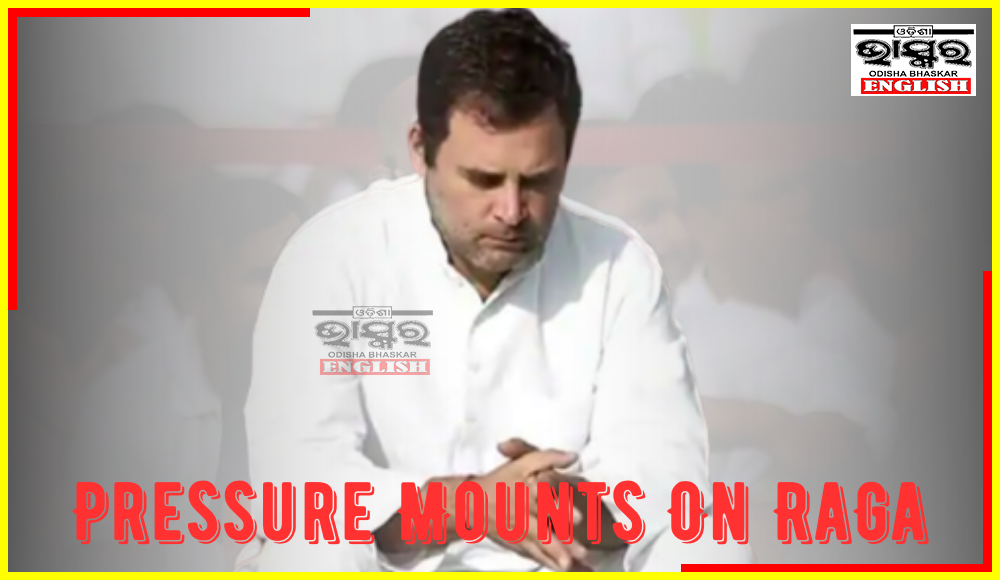New Delhi: Congress leader Rahul Gandhi is convicted in a criminal defamation case over his remark on the “Modi surname”. According to political circles, the Wayanad MP faces “disqualification”. Meanwhile, this defamation conviction puts the Congress MP at risk of disqualification from the Lok Sabha unless he manages to get the conviction stayed in a higher court.
Now the question arises what is this “immediate disqualification”? How can a sitting MP be dethroned from his post due to this case?
Here is the answer:
Yes, a lawmaker can be disqualified immediately after getting convicted in such a case.
Samajwadi Party MLA Azam Khan was also immediately disqualified from the Uttar Pradesh Legislative Assembly after a trial court convicted him to two years imprisonment in a criminal case.
In the Lily Thomas vs Union of India case, the top court ruled that ‘any MP, MLA or MLC who is convicted of a crime and given a minimum of two years jail, loses membership of the House with immediate effect.
Supreme Court of India’s 10 July 2013 judgment negates the previous position which allowed convicted MPs, MLAs, and MLCs to retain their seats until they had exhausted all judicial remedy in lower, state and Supreme Court of India.”
Supreme Court of India’s 10 July 2013 judgment had struck down Section 8(4) of the Representation of the People Act, which allowed elected representatives three months to appeal their conviction, as ‘unconstitutional’.
Section 8 (3) of the RPA clearly says that a person convicted of any offence and sentenced to imprisonment for not less than two years shall be disqualified from the date of such conviction and shall continue to be disqualified for a further period of six years since his release.
The Section talks of relief only in one situation — “A disqualification under either subsection shall not, in the case of a person who on the date of the conviction is a member of Parliament or the legislator of a state, take effect until three months have elapsed from that date or, if within that period an appeal or application for revision is brought in respect of the conviction or the sentence, until that appeal or application is disposed of by the court.”
Hence, Congress is planning to appeal against the lower court order.
The court on Thursday morning, while pronouncing Gandhi guilty for his remarks made in Karnataka’s Kolar — “How come all thieves have surname Modi” — granted him bail and suspended the sentence for 30 days to let him appeal.
Meanwhile, this development is leading to a massive faceoff between the BJP and Congress. Both sides have already started the blame game.




Comments are closed.